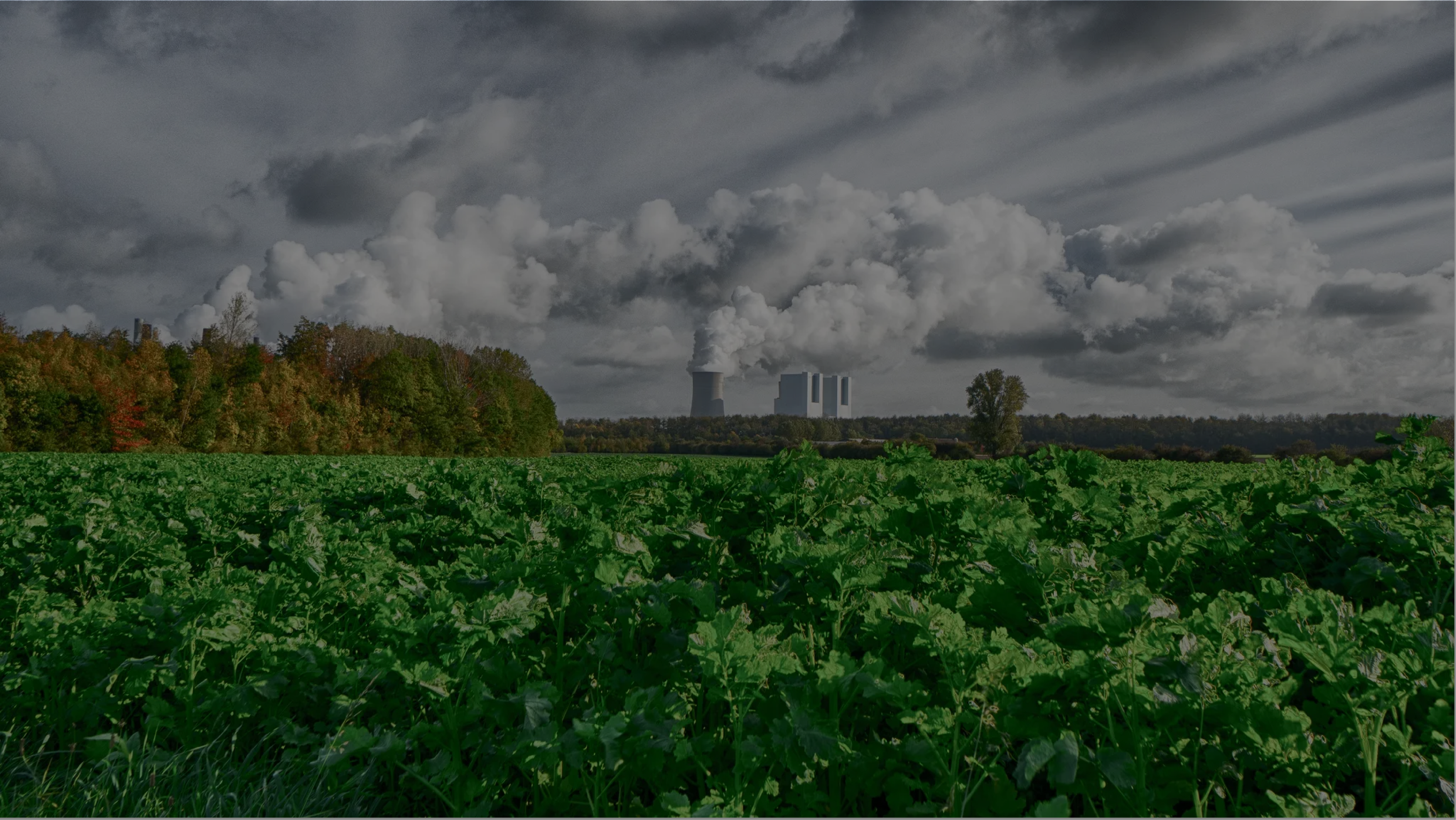Greenwashing: Navigating the Complexities of Environmental Integrity
In an era where sustainability is a buzzword, companies are increasingly accused of greenwashing—a deceptive marketing tactic that misleads consumers into thinking they're supporting eco-friendly brands.
